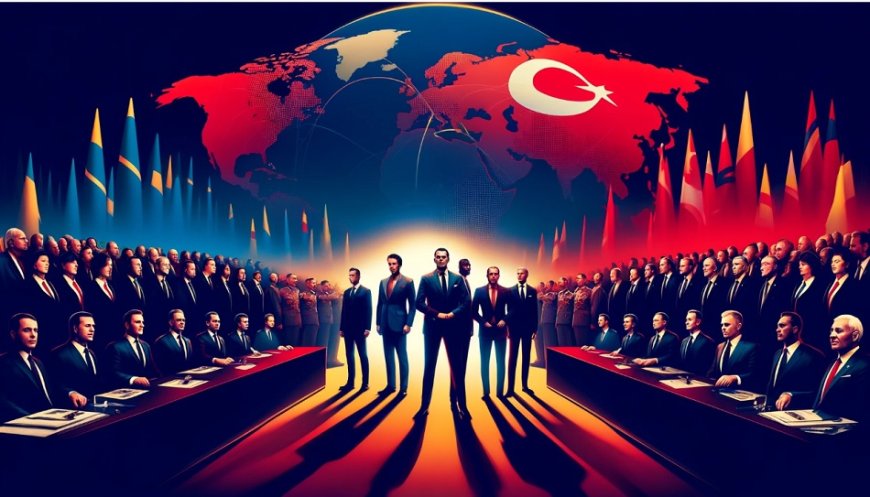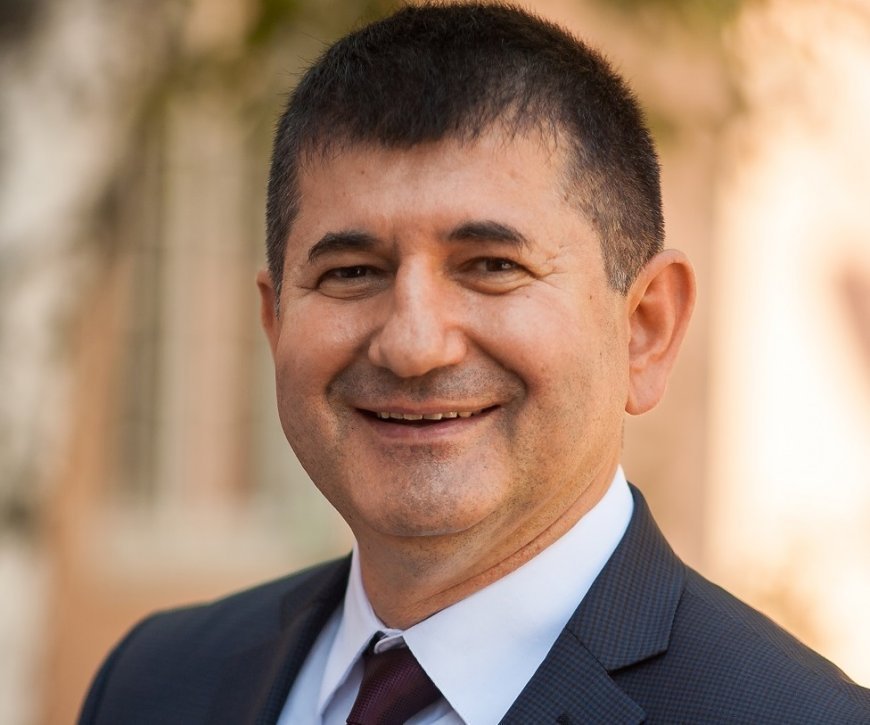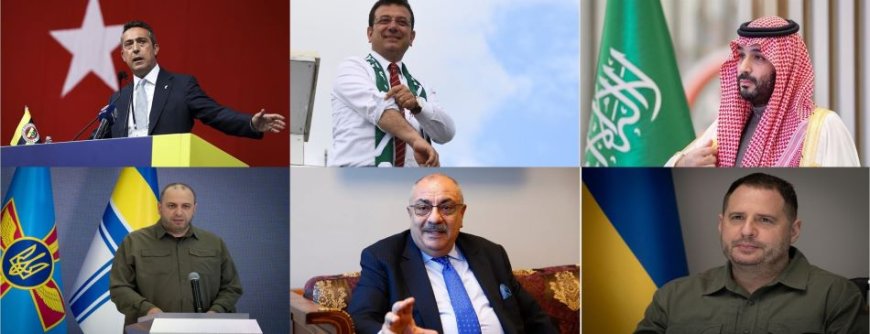The Changing Dynamics of Politics in the New Era
Political balances in Turkey and the world are shifting. The future of MHP, the potential political role of Ali Koç, new leaders in Ukraine, and Turkey’s upcoming political structure are analyzed.


WRITED BY YUSUF İNAN
The Changing Dynamics of Politics in the New Era
Politics is often a harsh and unforgiving battlefield. A leader perceived as weak can be swiftly sidelined, sometimes even before they are truly out of the game. The hospitalization of Devlet Bahçeli, the leader of the Nationalist Movement Party (MHP), has stirred the political circles. Politics leaves little room for emotions, and the future of MHP now depends as much on Bahçeli's health as on the party's strategic direction.
MHP’s New Roadmap
Who will be the next leader of MHP? The answer to this question depends on the party's ambitions. Does MHP want to move toward power, or does it prefer to maintain its role as the second-in-command in Turkish politics? This decision will determine the next chairman.
If MHP aims to return to its proactive stance reminiscent of Alparslan Türkeş’s era, then Tuğrul Türkeş, a seasoned politician, may emerge as the primary contender. However, if the party intends to maintain the status quo, a different leadership figure may take the helm.
Ali Koç and His Political Prospects
Memduh Bayraktaroğlu’s claim that Ali Koç could take over MHP has sparked debate. However, it seems more plausible that Koç will emerge as a broader political figure rather than just a party leader. With a background in education from Harvard and Rice University and extensive experience in finance and strategic management, Koç is well-equipped to enter the political sphere.
Following the recent restructuring within TÜSİAD, there are signs that Turkey’s business elites are taking a closer interest in politics. The mention of Ali Koç in political discussions may be a sign of an upcoming transformation.
Future Leaders and Turkey’s Political Landscape
Who will shape Turkey’s political future? Names such as Ekrem İmamoğlu, Mansur Yavaş, Selahattin Demirtaş, Fatih Erbakan, Bilal Erdoğan, Berat Albayrak, and Tuğrul Türkeş are likely to play key roles.
If constitutional reforms lead to a restructuring of presidential powers, Ali Koç could assume a significant political role. This scenario could usher in a political landscape reminiscent of the era of Demirel, Ecevit, Erbakan, and Türkeş, marked by fierce competition among strong leaders.

Ukraine and Global Power Shifts
The global political landscape is also undergoing significant changes. In Ukraine, Rustem Umerov, a Crimean Tatar and the country’s Defense Minister, is emerging as a key figure in the post-Zelensky era. With a background in finance and economics, Umerov’s influence extends not only in Ukraine but also across Turkic and Muslim populations.
Meanwhile, Andriy Yermak plays a crucial role in Ukraine’s NATO and EU integration efforts. Zelensky has entrusted both Umerov and Yermak with shaping the future of Ukraine as the country rebuilds after the war.
Conclusion: A New Era, New Political Figures
Both Turkey and the world are entering the next century with new political leaders. The future of MHP, the potential rise of Ali Koç, the transformations in Ukraine, and the emergence of new-generation politicians will define the coming years.
Politics is always open to change. The key is to anticipate these shifts and make strategic moves at the right time.

YUSUF İNAN / PEACE AT HOME, PEACE IN THE WORLD (*)
Twitter : @Yusufinan2023
Instagram : yusufinan2023
Instagram : fondinan2016
Email : [email protected]
Website : www.yerelgundem.com
(*) As Mustafa Kemal Atatürk, the founder of modern Turkey, once said, 'Peace at Home, Peace in the World.' This timeless principle serves as a guiding light for nations striving for harmony, coexistence, and global stability.





















